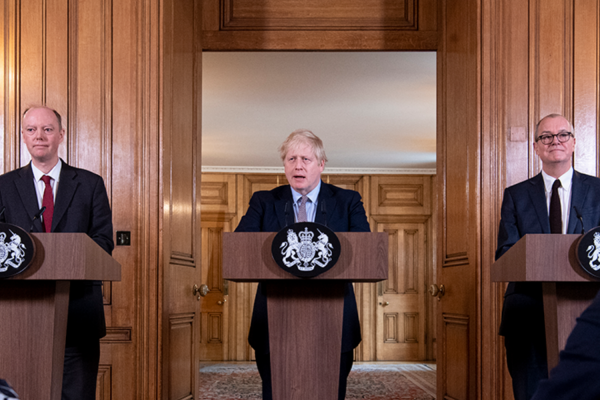Last week, 13 million Brits fell under new, local lockdown measures. Should landlords with properties in these areas wait until after the lockdown is lifted to advertise? No – and here’s why.
Tenants Want to Move – Even During Local Lockdowns
Research from OpenRent has found that tenants don’t stop looking for homes, even when local lockdowns are announced. The number of enquiries landlords receive are not significantly affected by regional restrictions — and in some cases enquiries even increase after a local lockdown begins.
Glasgow’s lockdown began on 1st September. Before the lockdown, Glasgow properties listed on OpenRent received 21 enquiries on average. In the two weeks following the imposition of lockdown, enquiries per property remained virtually unchanged, at 20 enquiries per property.
In Leicester, which was the first city to be hit with local measures on 30th June, we found another positive story. The two weeks before the local lockdown, properties received an average of 13 enquiries by tenants. After lockdown, this number rose to 14 enquiries per property.
Is Letting During Local Lockdowns Allowed?
Yes. So far, local lockdown measures have not restricted landlords from advertising properties and performing viewings, or stopped tenants from moving home.
Even during the deepest weeks of national lockdown, tenants were still permitted to move home where necessary. Lockdown was fully lifted for the lettings industry on 13th May, when viewings, moving home and any other activity required for renting a home were added to the list of reasonable excuses to leave the house.
The government has amended the coronavirus regulations to make clear that people who wish to move home can do so. Landlords are free to attend properties to prepare them to let and conduct viewings. Tenants are free to view properties and move home. This includes moving into shared housing with other tenants, for example in an HMO let as separate rooms.
Create a listing for your property.
Advertise NowHow to Let Properties Safely and Successfully During a Local Lockdown
We’ve seen that tenant demand remains strong during local lockdowns – but what can landlords do to ensure they let their properties safely and swiftly?
Read Your Local Rules
So far, every local lockdown has had different rules, from curfews, to the number of households allowed to socialise. Make sure you read the rules for your area or the area your property is in closely; often, the best writeups will be on local newspaper websites or the gov.uk site.
Book Your Usual Landlord Services
Landlord duties like gas and electrical safety certificates are still required, so landlords should make every attempt to have them performed as usual. It is still best practice to perform an inventory of the property, too. All of this should be done in consultation with the current tenants and with maximum social distancing.
Use Online Services Where Possible
You can use online viewings and video tours to increase the number of tenants who view your property, while limiting the number of prospective tenants you meet in person. Adding a video tour to your advert will also make life easier for the outgoing tenants, as they will have fewer strangers going through their home during a local lockdown.
Here’s how to add an online video to your OpenRent advert.


I concur. It’s busier than ever in Greater Manchester. 36 enquires in 3 days for a 1 bed flat on the outskirts. Some not so good, but in the main, really good applicants. Chose the tenant after just 1 day of viewings. Fabulous credit history, great jobs & a brilliant guarantor to boot. Sure we have to take special measures when doing the viewings, but it’s not really so bad to wear a mask, ask people not to touch stuff & then give it a wipe over after. I’d rather do that than lose £100s each month in lost rent.